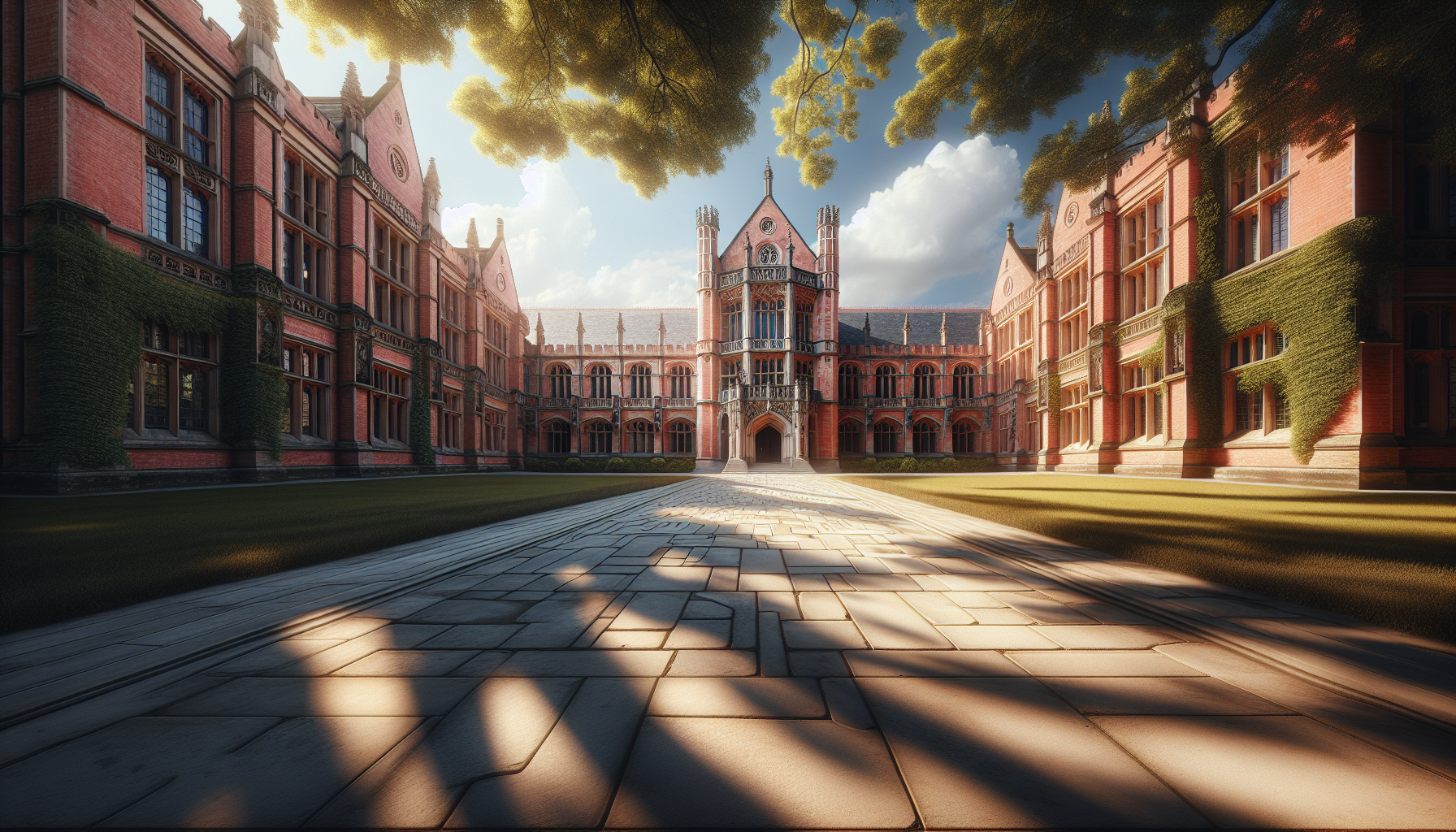Table of Contents
In a recent social media outburst, former President Donald Trump vehemently denied allegations that he is targeting Harvard University due to a supposed rejection from the prestigious institution. The controversy ignited after Michael Wolff, a journalist known for his critical takes on Trump, suggested that the former president harbors a grudge against Ivy League schools, particularly Harvard, because he was not accepted.
Trump’s rebuttal to false claims
Trump took to Truth Social to express his outrage over Wolff’s comments, labeling them as “totally FALSE.” He asserted, “I never applied to Harvard,” emphasizing his educational background at the Wharton School of Finance at the University of Pennsylvania. This statement was a direct response to Wolff’s claims made during an appearance on The Daily Beast Podcast, where he insinuated that Trump’s criticisms of Harvard stem from personal resentment.
The media’s role in shaping narratives
Wolff, who authored the controversial book “Fire & Fury” about Trump’s presidency, suggested that the former president needs an enemy to maintain his public persona. He stated, “He picks fantastic enemies, actually. And Harvard, for all it represents, fits right into the Trump show.” This commentary raises questions about how media narratives can influence public perception, especially regarding high-profile figures like Trump. The interplay between media and politics often leads to sensational stories that can overshadow factual accuracy.
Family matters and public speculation
The controversy surrounding Trump and Harvard coincides with recent rumors about his son, Barron Trump. Following the former president’s attacks on the Ivy League, speculation arose on social media regarding Barron’s college applications. First Lady Melania Trump swiftly addressed these rumors, stating through a spokesperson that Barron did not apply to Harvard, dismissing any claims to the contrary as “completely false.” This incident highlights the intense scrutiny public figures and their families face, especially in the age of social media.
As the narrative unfolds, it remains to be seen how Trump’s relationship with elite educational institutions will evolve. The former president’s remarks and the media’s portrayal of his actions continue to spark debate, reflecting broader societal attitudes towards education, privilege, and the complexities of public life.


